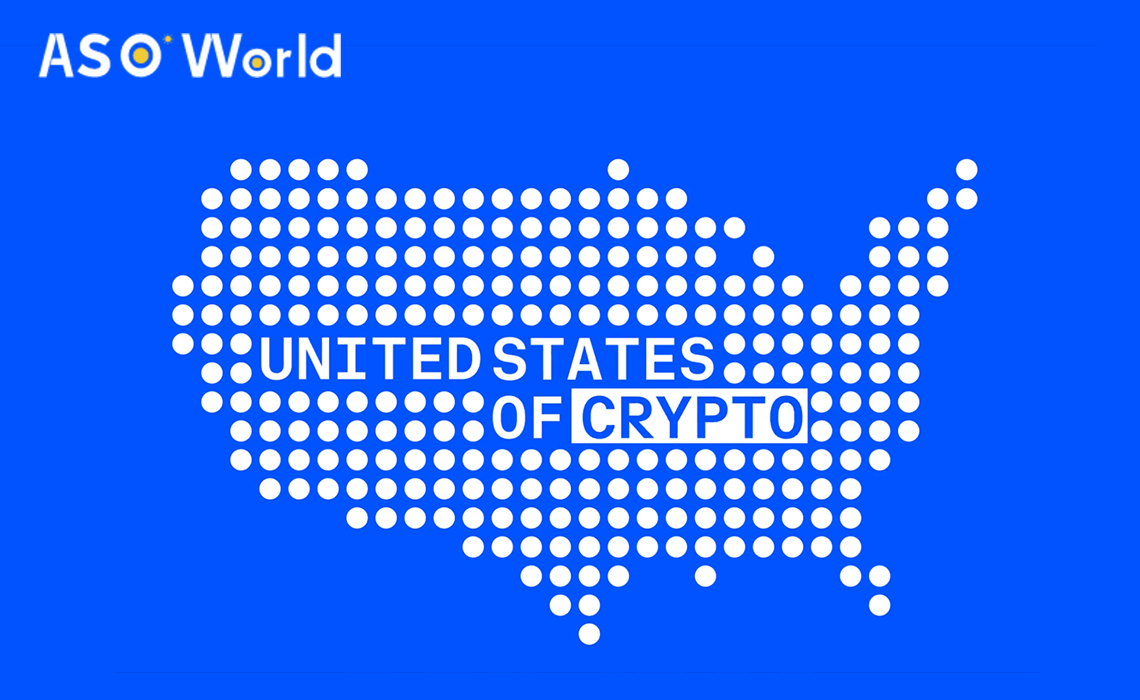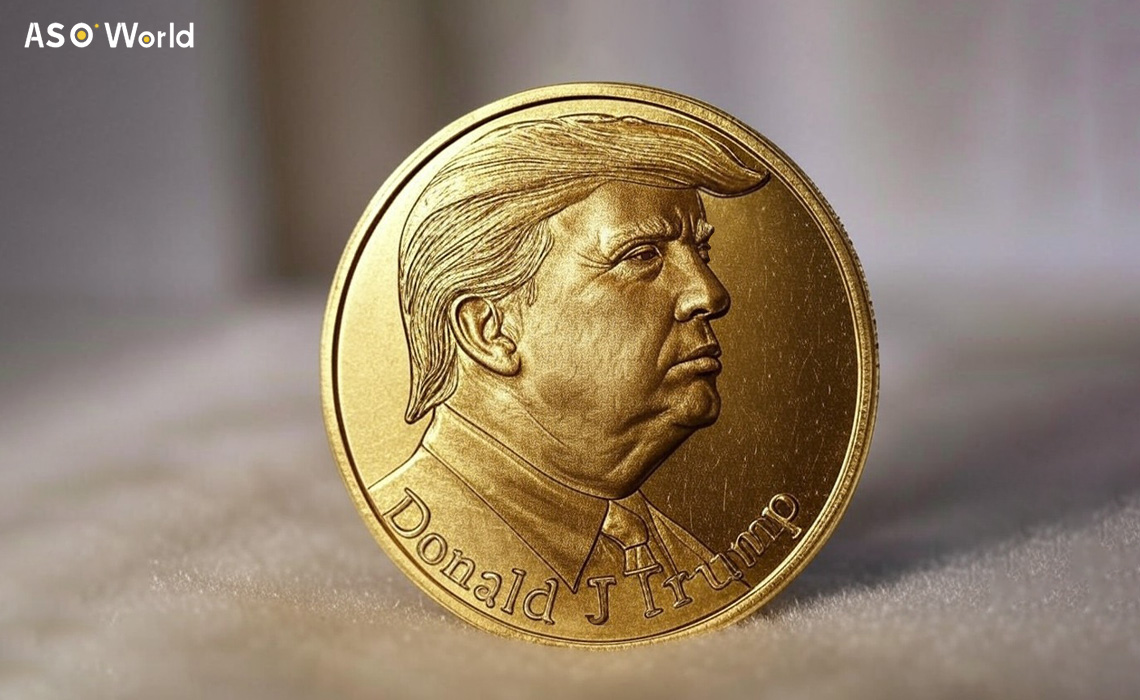This approval marks a significant achievement for Coinbase, especially amidst an ongoing legal battle with the U.S. Securities and Exchange Commission (SEC). The newly granted permission allows Coinbase to provide bitcoin and ether futures directly to eligible retail customers, expanding its offering beyond just institutional clients.
Legal Debate between Coinbase and SEC
Coinbase's relationship with the SEC has been contentious, with the regulatory body filing a lawsuit against the company in June, alleging that Coinbase had been operating unlawfully by not registering as an exchange.
The CEO of Coinbase, Brian Armstrong, has been openly critical of the SEC's regulatory approach. He has expressed concerns that the stringent enforcement approach adopted by SEC Chair Gary Gensler could potentially hinder innovation within the cryptocurrency industry and prompt U.S. crypto companies to move operations abroad.
What brings to Coinbase?
The approval was granted by the National Futures Association (NFA), a self-regulatory organization authorized by the Commodity Futures Trading Commission (CFTC), which arrived nearly two years after Coinbase initially submitted its application.
Following this news, Coinbase's stock price experienced a 3% increase, reaching $81.55. Coinbase views the regulatory approval as a pivotal moment, emphasizing its commitment to operating as a regulated and compliant business entity.
The green light from regulation could enable Coinbase to tap into a relatively untapped market, as the global derivatives market constitutes nearly 80% of the entire cryptocurrency market. Such derivative products, such as leveraged bets on futures, have often contributed to market volatility.
In July, the global trading volumes of cryptocurrency derivatives, including futures, amounted to around $1.85 trillion. In this rapidly developed market, Coinbase is welcoming significant opportunities to thrive and expand its horizons.




